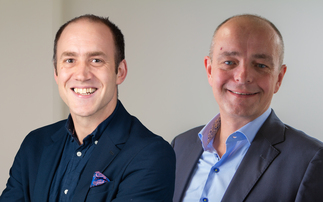Advisers should consider selling their businesses within the next 18 months before prices offered by consolidators fall, according to a consultancy firm.
Harrison Spence Partnership said prices paid by consolidator firms would drop considerably in the coming months.
Director Brian Spence explained six months ago there were five times as many consolidation offers as advisers wanting to sell up, but since the Retail Distribution Review (RDR) supply and demand had become more balanced.
He said the reason for the increase in supply - which puts downward pressure on price - is that sole traders have become increasingly unable to deal with bureaucracy and regulation in part caused by the RDR.
Similarly, the major consolidators are unlikely to continue to present deals as favourable as those they currently offer, he said.
"In today's market, most put a considerable amount of the value of the business up front and still pay cash with the rest paid in installments. This is a good deal. However, we believe the market is likely to change within the next 18 months.
"The guys in charge of acquisition are being increasingly questioned by CEOs on the necessity of this method of payment."
Spence added: "The three or four major consolidators pay cash up front because the others do. They want a lion share of the market and are competing for this. As soon as one or two stop doing it, the others will follow. And these deals are less necessary now that supply has increased."
Spence also predicted consolidators would begin to value IFA companies differently.
Today the standard metric is to value client businesses as a multiple of recurring income. Spence argued that this is suitable where firms are run as ‘lifestyle businesses' by sole traders with less focus on profit. However, increased professionalism means IFAs will increasingly focus on profitability.
"It is likely then that consolidators will begin assessing the value of businesses according to EBITDA (which measures profit), rather than as a multiple of recurring income, because this is increasingly the way firms assess themselves.
"This could be a disaster for those sole traders with a turnover of £500,000 or less - even though they might have value in their client base and funds under management. EBITDA will substantially undervalue their practice, and they will see the prices offered fall considerably."
Spence said IFAs can increase their value by partnering with an investment management company, or establishing a relationship with a discretionary fund manager, or a combination of both.
He added: "Every small IFA needs to consider their strategy now, even if they don't plan to sell or exit for the foreseeable future."
Of Harrison Spence's 120 IFA customers, half have requested information on the value of their company.











